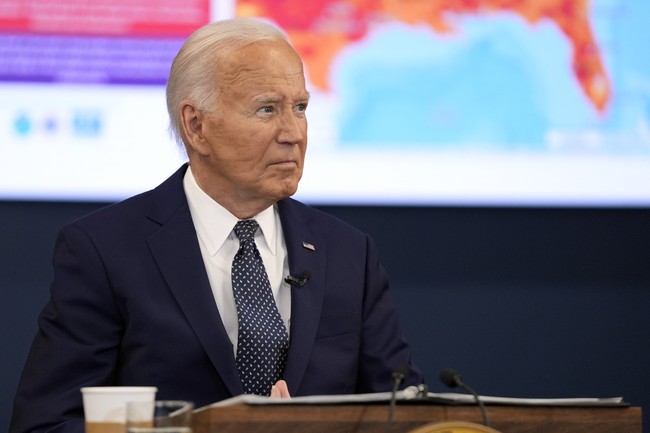Syria's Chemical Arsenal: A Global Concern
As Syria undergoes political transitions, the fate of its chemical weapons stockpile draws international scrutiny, with potential contamination and evidence destruction risks coming to the fore.
Published December 13, 2024 - 00:12am

Image recovered from arabnews.com
The recent overthrow of Bashar al-Assad in Syria has sparked renewed global anxieties over the nation's chemical weapons arsenal, which has been under scrutiny and subsequent actions by international bodies. In light of the significant political shifts in Syria, various organizations, especially the Organisation for the Prohibition of Chemical Weapons (OPCW), are intensifying their focus on the country, eyeing both accountability and disarmament.
Reports have surfaced regarding Israel's proactivity in striking Syrian facilities that potentially house chemical weapons. This preemptive measure was taken to ensure these deadly arsenals do not fall into the control of extremist forces, a situation that could escalate regional instability. Fernando Arias, the director-general of the OPCW, confirmed that they are closely monitoring these developments, expressing concerns about potential contamination and the loss of crucial evidence for ongoing international investigations.
Since joining the Chemical Weapons Convention in 2013, Syria provided an initial declaration of its chemical weapons holdings. However, discrepancies in this declaration have led to persistent skepticism from international watchdogs. The OPCW's Fact-Finding Mission (FFM) has been pivotal in documenting and investigating numerous instances of chemical weapon usage in the conflict-torn country. Despite significant efforts and numerous reports corroborating the use of chemical weapons by the Assad regime, the declaration's completeness remains in question.
The nexus of military conflict and chemical weapons has placed unprecedented pressure on the international community to act decisively. The OPCW has operated under challenging conditions in Syria, with missions frequently exposed to risks from ongoing hostilities. Strenuous diplomatic efforts, including pressure from the United States and coordination with Russian authorities, have been pivotal in guiding these initiatives. Nonetheless, the complexity of the geopolitical landscape in Syria necessitates continued vigilance and cooperation among global powers.
According to a separate analysis by boursorama.com, the role of insurgent groups in Syria's power vacuum post-Assad, further complicates the situation. These groups, while asserting no intent to use chemical weapons, implicitly acknowledge the need for external assistance in managing these hazardous materials. The Islamic rebel factions, particularly Hayat Tahrir al-Sham, which emerged as key players, bring their own set of challenges as they negotiate to maintain stability.
Central to this narrative is the imperative for transparency and control over chemical weapons stockpiles, which, if mismanaged, could precipitate catastrophic consequences. International unity in addressing these issues, fortifying oversight, and ensuring Syrian compliance to the Chemical Weapons Convention are critical. As the OPCW and its partner entities like the United Nations Security Council endeavor towards these goals, the importance of timely interventions and strategic disarmament in upholding peace and security cannot be understated.
Thus, the landscape of Syria's chemical weapons program is a mosaic of geopolitical maneuvers, historical contexts, and ongoing international dialogue. As diplomatic and military contingencies unfold, the overarching goal remains clear—eliminate the nation's chemical weapons threats through meticulous verification processes and foster a stable and non-violent transition for the Syrian populace.






